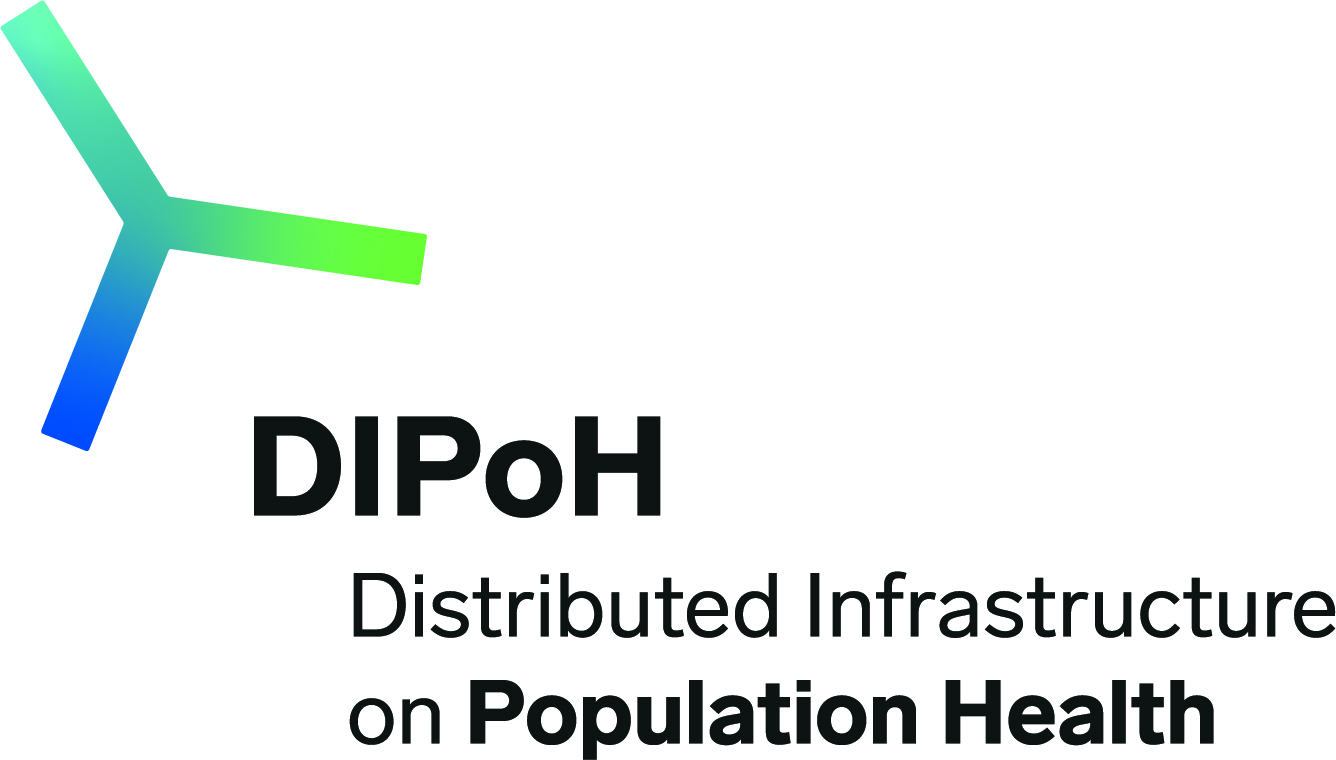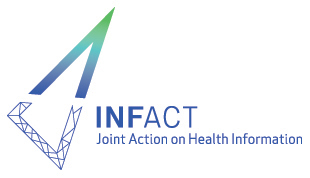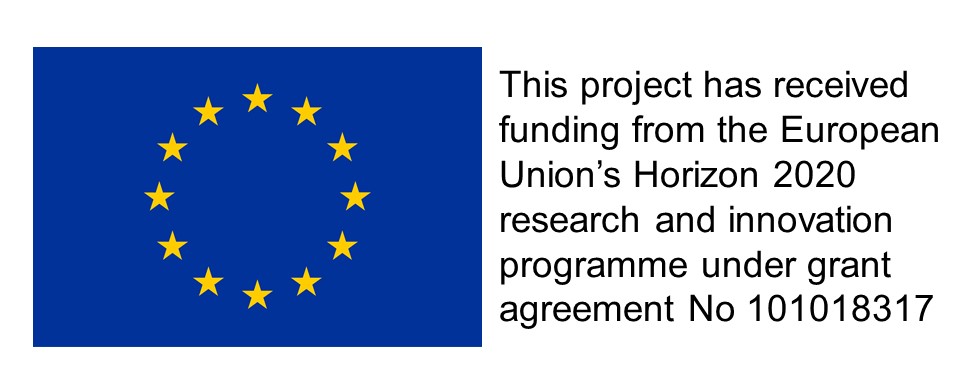Legal framework and institutional responsibilities
In the past years, Belgium has made improvements in the field of health information, partially due to the efforts in eHealth, the regular assessment of the performance of the Belgian health system, the periodic health interview survey (HIS), the resuming of the death certificates registration at national level, and the creation of Healthdata.be, an IT platform designed to centralise data for health research. Yet, while a substantial amount of data is collected, important challenges remain. Some of the data that is collected is not used, while for other areas only limited data is available i.e. nursing, primary care, psychiatry, elderly and nursing homes, and non-reimbursed payments.
In Belgium, responsibilities for health policy are shared between the federal level and the federated entities (regions and communities). To facilitate cooperation between the federal level and governments of regions and communities, inter-ministerial conferences are regularly organised.
Health information strategy
Currently, there is no formal national health information system (HIS) strategy in Belgium, but all stakeholders and partners are covered with relevant legislation, they have clear roles and mandates for their work in the HIS. HIS includes data from many stakeholders at different levels, outputs are used for planning and developing health in Belgium and internationally. Some of stakeholders are engaged in direct health data collection, others are involved in results analysis or scientific research.




